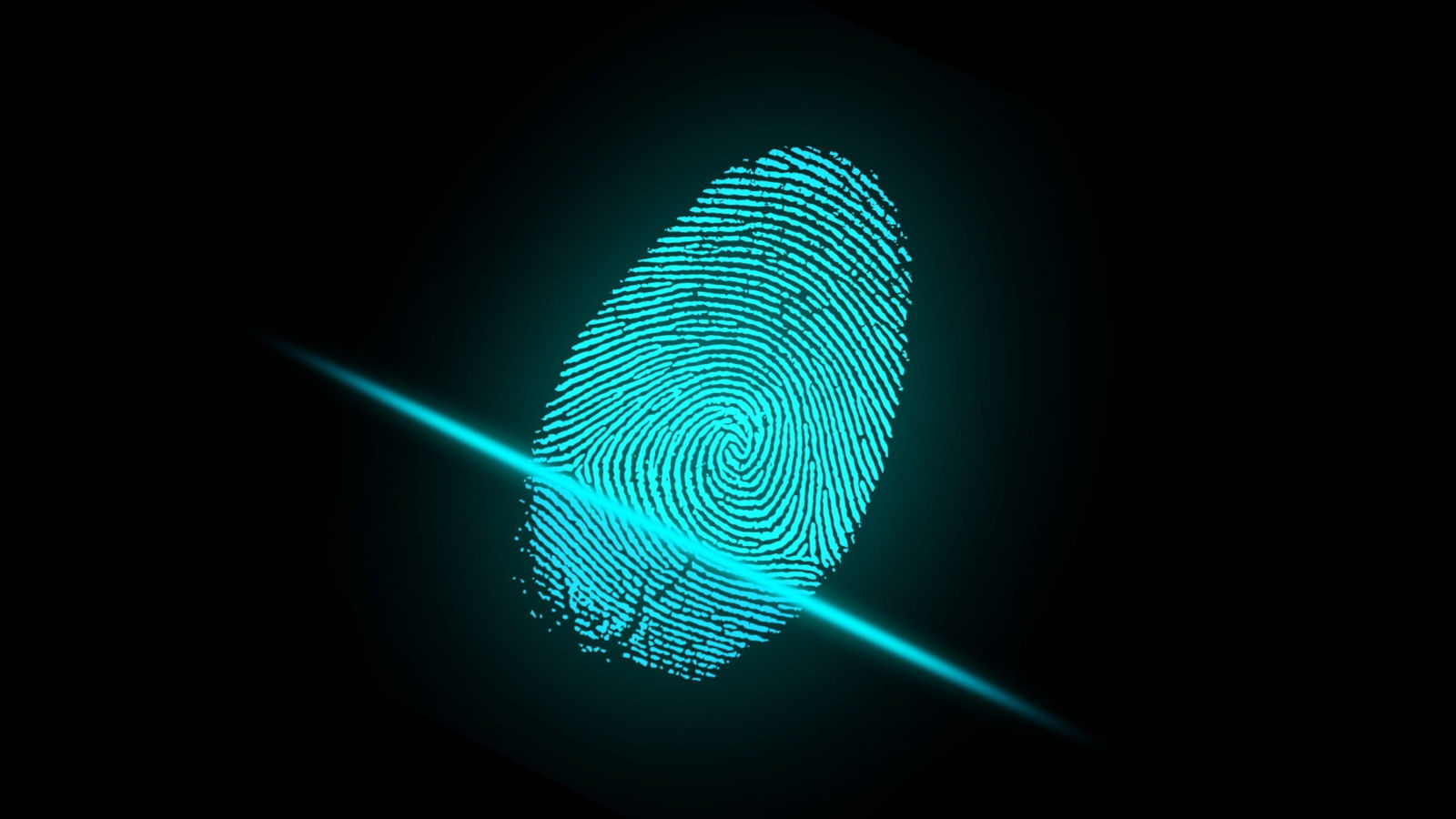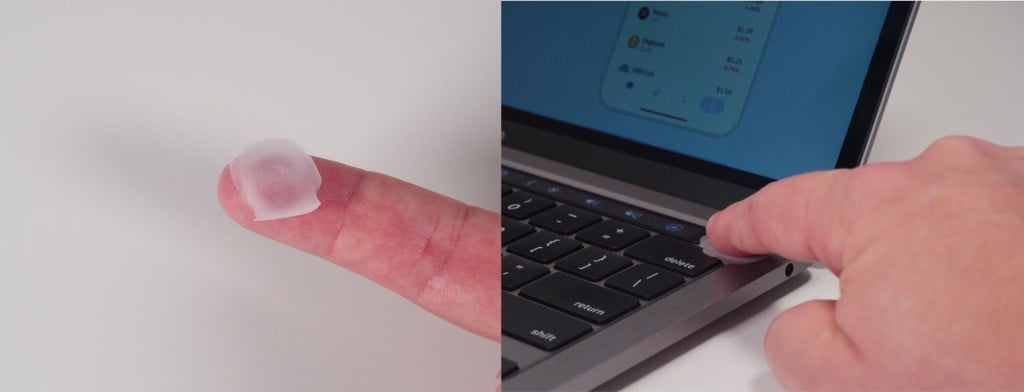
Researchers demonstrated that fingerprints could be cloned for biometric authentication for as little as $5 without using any sophisticated or uncommon tools.
Although fingerprint-based biometric authentication is generally considered superior to PINs and passwords in terms of security, the fact that imprints can be left in numerous public places makes it ripe for abuse.
It has been previously proven that there are ways to collect and use people's fingerprints to fool even the most sophisticated sensors. However, these typically involve using niche tools such as DSLR cameras and high-fidelity 3D printers.
If only there was a cheap way to retrieve these imprints and convert them to usable fingerprints, it would severely and negatively impact the security of this particular authentication method.
According to the Kraken Security Labs team, there is a way to clone fingerprints using inexpensive materials, with no high-end tools involved in any step of the process.
A printer and some glue
As the team demonstrated, stealing the fingerprint is a case of photographing it with any modern smartphone and then generating the negative on a photo manipulation software.
This basic editing step is enough to adequately tone the outlines of the stolen fingerprint and prepare it for the printing step, so no high-res DSLR images are required.
For the printing step, any laser printer accepting acetate sheets would be suitable for the attack. Acetate is typically used for cards, stencils, and overlays, but it's ideal in this case because the laser printer can etch it.
Once the printing is over, the synthetic fingerprint can come together by applying some wood glue on top of the print and letting it dry.

Source: Kraken
Through testing, the Kraken team found that the resulting fingerprint can fool state-of-the-art fingerprint sensors such as the one used in the latest MacBook Pro.
"We were able to perform this well-known attack on the majority of devices our team had available for testing. Had this been a real attack, we would have had access to a vast range of sensitive information." - Kraken
You shouldn’t rely on fingerprints alone
Kraken's findings don't mean that the end of fingerprints is near, but it's a good reminder of why people shouldn't treat them as a single layer of protection for their accounts.
Fingerprints are a convenient biometric authentication method, but when it comes to critical applications, they should only be used as 2FAs in conjunction with a strong password.
"A fingerprint should not be considered a secure alternative to a strong password. Doing so leaves your information — and, potentially, your cryptoassets — vulnerable to even the most unsophisticated of attackers," explain the Kraken researchers.
As technology progresses and low-cost consumer electronics become more capable of producing high fidelity results, fingerprints will be even easier to clone.


Comments
achzone - 2 years ago
Ghostbusters debunked fingerprint scanners as any sort of security years ago lol